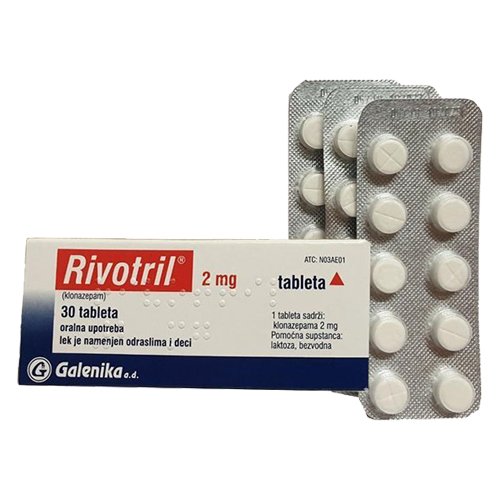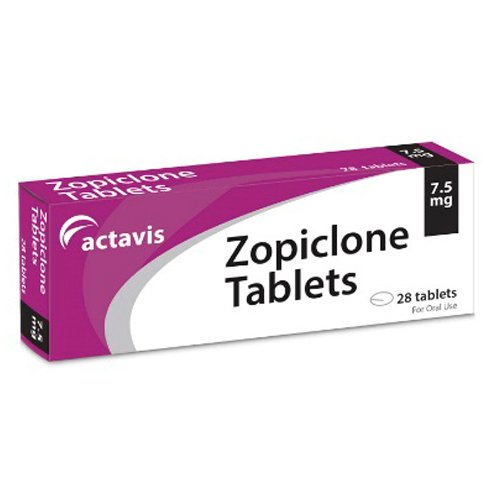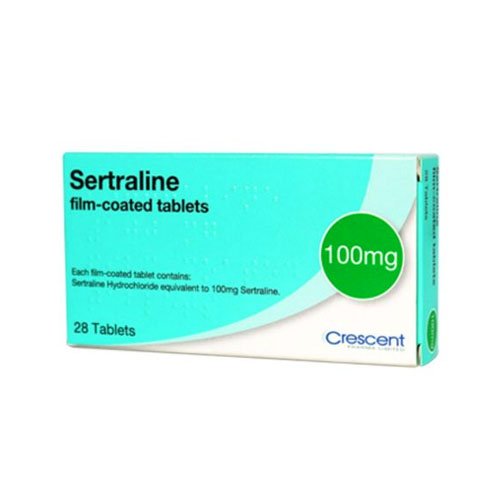Description
Buy Sleepers Diazepam 2mg Tablets (28 count) are prescribed to effectively manage anxiety, alcohol withdrawal symptoms, and seizures. This medication also helps relieve muscle spasms and provides sedation before medical procedures. Trusted for its fast-acting and reliable results, Diazepam works by calming the nervous system to promote relaxation and ease discomfort.
Order Diazepam 2mg online in the UK from Buy Sleepers for safe and discreet delivery.
What is the purpose of 2 mg of diazepam
Diazepam is a drug used to treat twitches, spasms, seizures, and anxiety. Additionally, it might lessen alcohol withdrawal symptoms. It functions by promoting relaxation of your nervous system. This drug is marketed under the name Valium.
The reason for its use
The following conditions are treated with oral diazepam tablets:
anxiety
signs of alcohol withdrawal, including tremors or agitation
further therapy for skeletal muscle contractions
additional therapy for specific kinds of seizures
Diazepam can be used as part of a combination therapy because it is an add-on treatment. In other words, it must be taken in conjunction with specific other medications.
How it operates
Diazepam is a member of the benzodiazepine drug class.
Gamma-aminobutyric acid (GABA), a unique molecule that may transmit messages throughout your nervous system, is activated more when you take diazepam. Insufficient GABA can put your body in an agitated state, which can lead to anxiety, seizures, or muscle spasms.
Side effects of diazepam
Side effects from diazepam can range from minor to severe.
Oral diazepam tablets can slow down brain activity and affect your thinking, judgment, and motor abilities. Alcohol and other substances that slow down brain activity should not be used while taking diazepam. Additionally, until you understand how this medication affects you, you should not drive, operate machinery, or perform any other work that calls for attentiveness. Additionally, you should be mindful of other impacts.
Some of the most common adverse effects that can happen after using diazepam are listed below. Not all potential adverse effects are included here. Consult your physician or pharmacist for more details on the potential adverse effects of diazepam or for advice on how to handle a bothersome side effect.
More typical adverse effects
The following are the main typical adverse effects of diazepam:
drowsiness
fatigue
weakening of the muscles
incapacity to regulate muscular contractions
headache
tremor
dizziness
Too much saliva or dry mouth
nausea
constipation
These side effects could disappear in a few days to a few weeks if they are minor. Consult your doctor or pharmacist if they persist or are more severe.
severe adverse effects
If you experience severe adverse effects, contact your doctor immediately. If you believe you are experiencing a medical emergency or if your symptoms seem life-threatening, dial 911. The following are examples of serious side effects and associated symptoms:
The convulsions are getting worse. Symptoms may consist of:
a rise in the frequency
escalation in intensity
unexpected responses. Symptoms may consist of:
intense enthusiasm
anxiety
hallucinations
more frequent muscle contractions
difficulty falling asleep
agitation
issues with the liver. Symptoms may consist of:
jaundice
bladder issues. Symptoms may consist of:
unable to urinate
unable to contain pee
A rise or fall in sexual desire.
Withdrawal. Symptoms may consist of:
tremor
cramping in the muscles or abdomen
sweating
convulsions
alterations in the brain or thought process. Symptoms may consist of:
depression
confusion
vertigo, or the sensation that the room is spinning
speech that is slurred or slow
clouded or double vision
loss of memory
Suicidal thoughts










Reviews
There are no reviews yet.